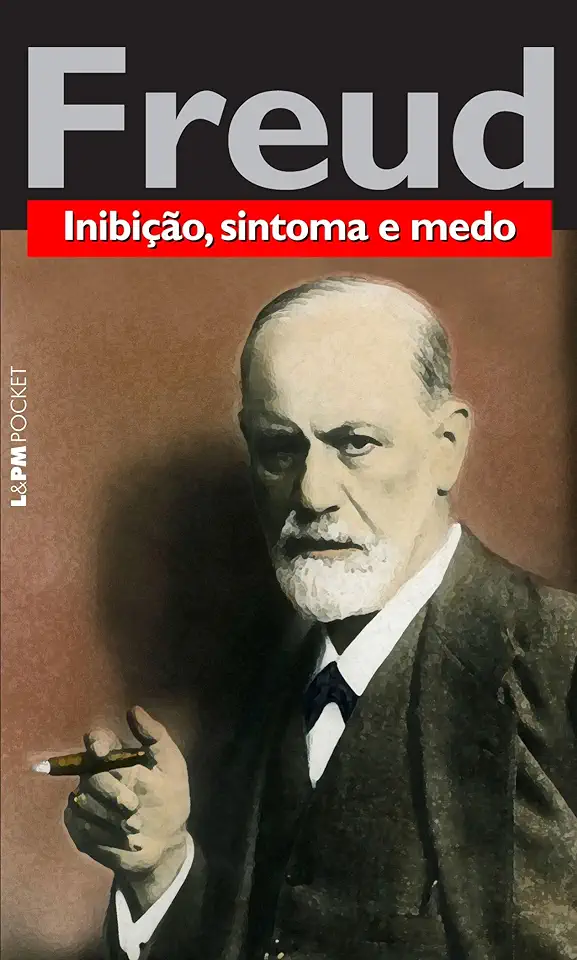
Inhibitions, Symptoms and Anxiety - Sigmund Freud
Inhibitions, Symptoms and Anxiety: A Comprehensive Exploration of Psychoanalytic Concepts
Introduction
In the realm of psychoanalysis, Sigmund Freud's seminal work, "Inhibitions, Symptoms and Anxiety," stands as a foundational text that delves into the intricate relationship between anxiety, inhibitions, and the formation of symptoms. Published in 1926, this book represents a significant milestone in Freud's theoretical development and offers a profound understanding of the human psyche.
Understanding Anxiety: The Cornerstone of Psychoanalysis
Freud begins by establishing anxiety as the cornerstone of psychoanalysis, viewing it as the driving force behind the development of neurotic symptoms. He differentiates between three types of anxiety: realistic anxiety, neurotic anxiety, and moral anxiety. Each type serves a distinct purpose in shaping human behavior and emotional responses.
The Role of Inhibitions: Defense Mechanisms and Symptom Formation
Inhibitions play a crucial role in Freud's theory of symptom formation. He posits that inhibitions are defense mechanisms employed by the ego to manage anxiety. However, when these inhibitions become excessive or rigid, they can manifest as symptoms, hindering an individual's ability to function effectively.
Exploring Symptom Formation: A Window into the Unconscious
Freud meticulously examines the formation of symptoms, tracing their origins to unconscious conflicts and repressed desires. He argues that symptoms are symbolic expressions of unconscious wishes and anxieties, providing a window into the hidden depths of the mind.
The Oedipus Complex: A Pivotal Conflict in Psychosexual Development
Freud places significant emphasis on the Oedipus complex as a pivotal conflict in psychosexual development. He proposes that the Oedipus complex, characterized by the child's desire for the opposite-sex parent and rivalry with the same-sex parent, is a universal phenomenon that shapes personality and anxiety formation.
Anxiety and the Superego: The Internal Moral Compass
Freud introduces the concept of the superego, the internal moral compass that develops from the Oedipus complex. The superego acts as a critical and punitive force, instilling a sense of guilt and anxiety when an individual's actions or thoughts deviate from societal norms or internalized values.
Therapeutic Implications: Paving the Way for Psychoanalytic Treatment
"Inhibitions, Symptoms and Anxiety" not only provides a theoretical framework for understanding anxiety and symptom formation but also lays the groundwork for psychoanalytic treatment. Freud discusses the importance of analyzing unconscious conflicts and resolving anxiety to alleviate symptoms and promote psychological well-being.
Conclusion: A Timeless Contribution to Psychoanalytic Thought
In conclusion, "Inhibitions, Symptoms and Anxiety" is a seminal work that offers a comprehensive exploration of anxiety, inhibitions, and symptom formation. Freud's profound insights into the human psyche have had a lasting impact on the field of psychoanalysis and continue to shape our understanding of mental health and emotional well-being. This book is a must-read for anyone seeking a deeper understanding of the intricate workings of the mind and the transformative power of psychoanalysis.